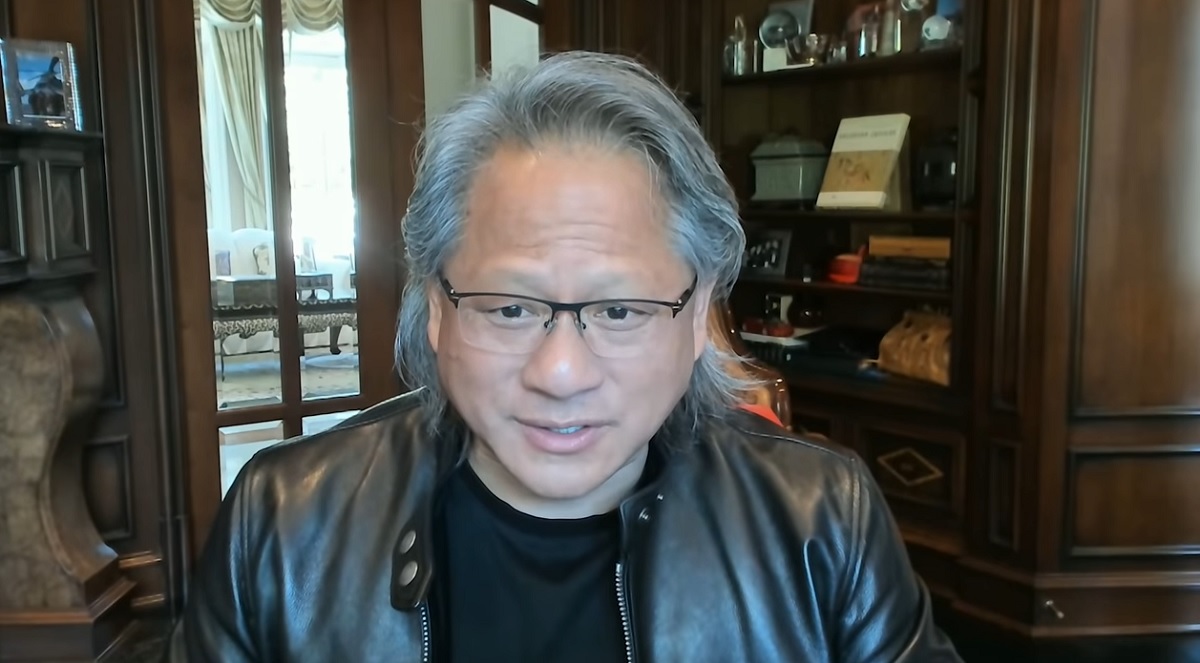Nvidia CEO Jensen Huang received the distinguished lifetime achievement award by the Asian American Engineer of the Year from the Chinese Institute of Engineers (CIE) group. And in his acceptance speech, he made a rare comment beyond Nvidia’s business matters: “Racism is one flywheel we must stop.”
The comments came at the end of an acceptance speech where he thanked the group for its award, an annual gathering that recognizes outstanding Asian American scientists, engineers and role models.

Unlock premium content and VIP community perks with GB M A X!
Join now to enjoy our free and premium membership perks.
![]()

![]()